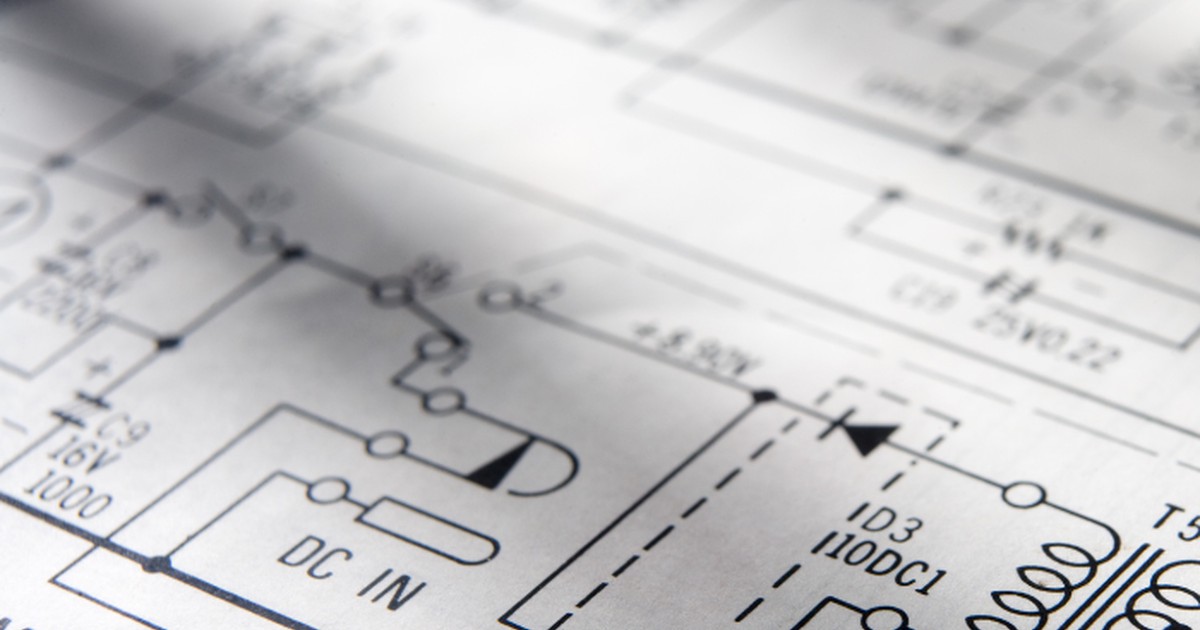
The B2B platform for the best purchasing descision. Identify and compare relevant B2B manufacturers, suppliers and retailers
Close
Filter
Result configuration
Continents
Select continent
Locations
Result types
Company type
Select company type
Industries
Select industry
Company status
Select company status preset
Number of employees
Min.
Max.
Founding year
Looking for more accurate results?
Find the right companies for free by entering your custom query!
25M+ companies
250M+ products
Free to use
Technologies which have been searched by others and may be interesting for you:
A selection of suitable products and services provided by verified companies according to your search.

Service
Circuit and layout development
Go to product
A Printed Circuit Board (PCB) is an essential component in modern electronic devices. It serves as a platform for connecting electronic components through conductive pathways etched from copper sheets. These pathways enable the flow of electricity, allowing the components to communicate and function together efficiently. PCBs are commonly made from materials such as fiberglass or composite epoxy, providing durability and insulation. They come in various configurations, including single-sided, double-sided, and multi-layer designs, catering to different electronic applications. The precise manufacturing and design of PCBs are crucial for the overall performance and reliability of electronic systems.
A Printed Circuit Board (PCB) functions by providing a physical platform for electronic components to connect and interact. Conductive pathways, made from copper, are etched onto a non-conductive substrate, allowing for the flow of electricity between components. Each component, such as resistors, capacitors, and integrated circuits, is soldered onto the board, establishing electrical connections that facilitate communication and power distribution. When an electric current is applied, it travels through these conductive pathways, enabling the components to perform their designated tasks. This interconnected design allows for efficient signal transmission and minimizes interference, making PCBs essential for the operation of a wide range of electronic devices, from simple gadgets to complex systems in computers and telecommunications.
Various materials are utilized in the production of Printed Circuit Boards (PCBs) to ensure functionality and reliability. The most common substrate material is FR-4, which is a fiberglass epoxy laminate known for its excellent insulation properties and durability. This material is often combined with copper foil, which serves as the conductive layer, allowing electrical connections between components. Additionally, polyimide is used in flexible PCBs due to its high thermal stability and flexibility. Other materials, like ceramics, may be employed for specialized applications requiring high-frequency performance or enhanced thermal conductivity. The choice of materials directly influences the PCB's performance, cost, and application suitability.
1. Consumer Electronics
Printed Circuit Boards (PCBs) are extensively used in consumer electronics such as smartphones, tablets, and televisions. They provide the necessary electrical connections and support for various electronic components, ensuring functionality and reliability in everyday devices.
2. Automotive Industry
In the automotive sector, PCBs play a critical role in the operation of various systems, including engine control units, infotainment systems, and safety features. Their ability to withstand harsh conditions makes them essential for modern vehicles.
3. Medical Devices
Medical equipment relies heavily on PCBs for their precision and reliability. Devices like MRI machines, defibrillators, and diagnostic tools use PCBs to ensure accurate performance and safety in medical applications.
4. Industrial Machinery
PCBs are also used in industrial machinery for automation and control systems. They help manage processes and enhance efficiency in manufacturing environments, making them vital for operational success.
5. Telecommunications
In telecommunications, PCBs are integral to the functioning of networking equipment, routers, and switches. They facilitate communication by providing the necessary pathways for signal transmission and processing.
The manufacturing process of a printed circuit board (PCB) involves several critical steps. Initially, a design is created using computer-aided design (CAD) software, which outlines the layout of the circuit. Next, the design is transferred onto a substrate material, commonly made of fiberglass or epoxy resin. Once the substrate is prepared, a layer of copper is applied, which is then etched to create the circuit pathways. After etching, various components are mounted onto the PCB through techniques like surface mount technology (SMT) or through-hole technology. The final steps include soldering the components in place, applying protective coatings, and conducting tests to ensure functionality and reliability. This intricate process ensures that PCBs are produced with precision, meeting the necessary specifications for electronic applications.
Some interesting questions that has been asked about the results you have just received for Printed Circuit Board
What are related technologies to Printed Circuit Board?
Based on our calculations related technologies to Printed Circuit Board are Magnets, Printed Electronics, Industrial Amplifiers, Electronic Transducers, Electronic Oscillators
How does ensun find these Printed Circuit Board Companies?
ensun uses an advanced search and ranking system capable of sifting through millions of companies and hundreds of millions of products and services to identify suitable matches. This is achieved by leveraging cutting-edge technologies, including Artificial Intelligence.